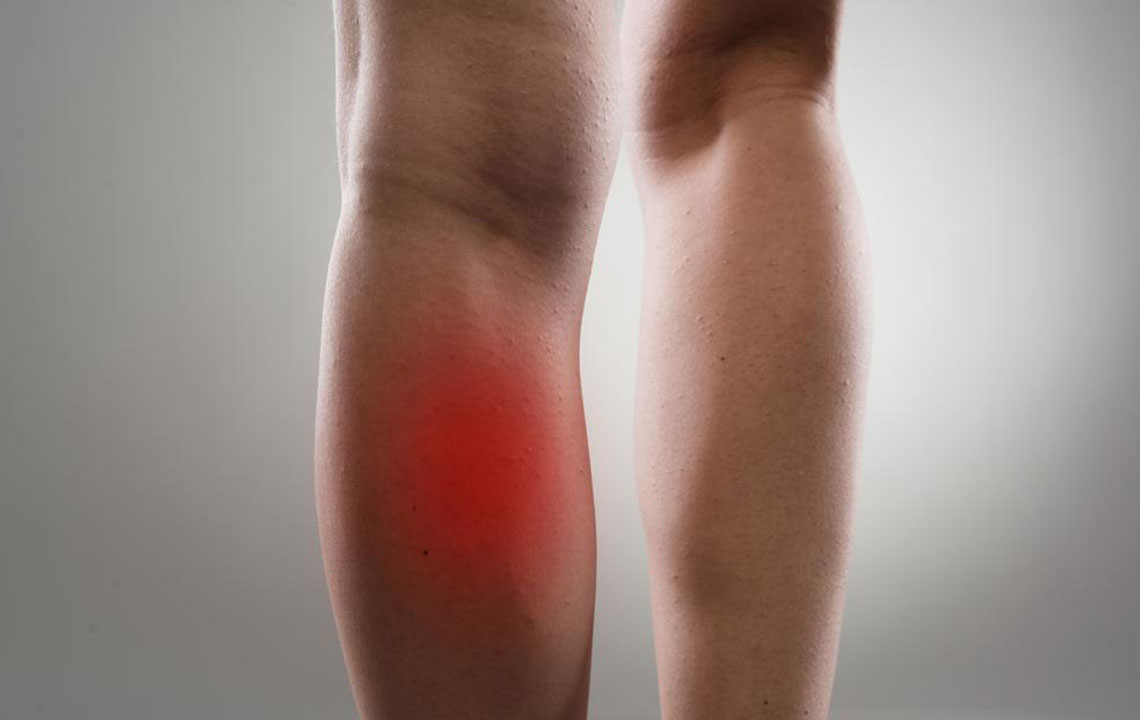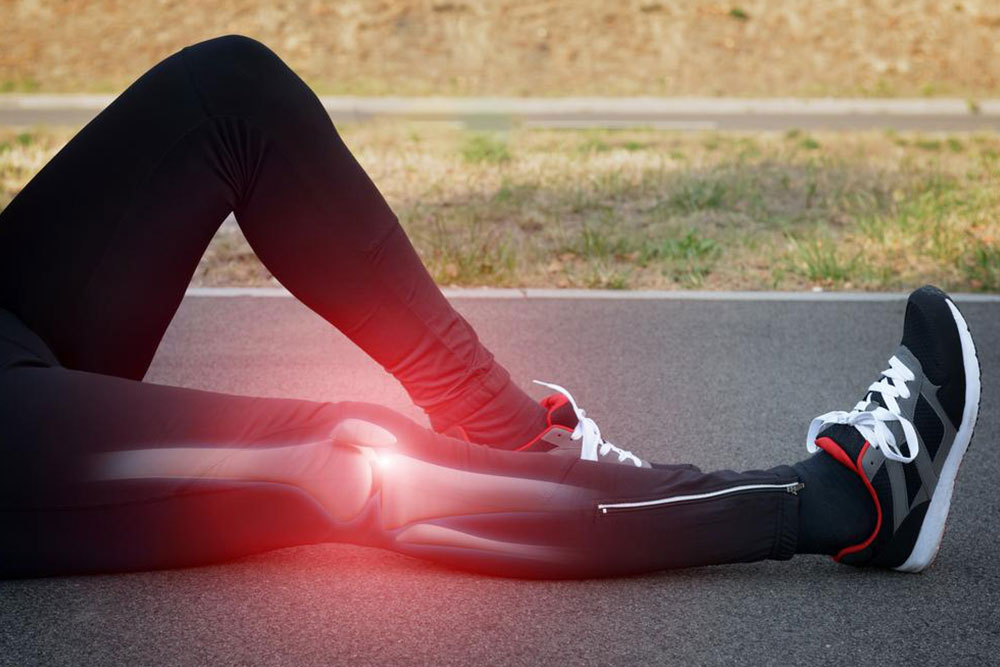Comprehensive Guide to Persistent Leg Discomfort: Causes, Treatments, and Natural Remedies
Learn about the common causes of long-lasting leg discomfort, including overexertion, injuries, and nerve issues. Discover effective home treatments, natural remedies like turmeric and magnesium, and lifestyle tips for long-term relief. Proper diagnosis and lifestyle adjustments are key to overcoming persistent leg pain and maintaining healthy legs for a better quality of life.

Comprehensive Guide to Persistent Leg Discomfort: Causes, Treatments, and Natural Remedies
Understanding the common causes of ongoing leg pain and effective methods to alleviate discomfort
Experiencing leg discomfort at some stage is a common phenomenon that many people face. While occasional soreness or minor pains can be considered normal, persistent or severe leg pain can significantly interfere with daily activities, reduce mobility, and diminish overall quality of life. Recognizing the root causes of such discomfort is crucial for effective treatment and relief.
Persistent leg pain can originate from various factors including overexertion, muscle fatigue, injuries such as fractures or strains, tendon issues, inflammation, nerve compression, or swelling. Individuals involved in intense physical activities like running, cycling, or heavy labor are more susceptible to such conditions. Further contributors include nerve irritation, inflammatory diseases, and circulatory issues, which may manifest as discomfort in different areas of the leg such as the calves, knees, ankles, and feet.
In cases of severe leg pain, symptoms may extend beyond mere soreness to include symptoms such as weakness, numbness, tingling sensations, or even nausea in extreme scenarios. Muscle soreness is also a common issue accompanying leg discomfort, especially after strenuous physical activity. If experiencing persistent leg pain with no clear reason, it is strongly recommended to seek medical consultation. A healthcare professional or physiotherapist can provide accurate diagnosis and suggest appropriate treatment plans to address the underlying cause.
Effective Home Treatments for Chronic Leg Discomfort
If physical exertion or activity is identified as the cause, rest and avoiding strenuous movements are crucial to allow healing and reduce inflammation.
Over-the-counter pain relievers such as aspirin, ibuprofen, or acetaminophen can provide temporary relief. Adequate sleep and rest are vital for recovery.
Application of ice packs for 15-20 minutes helps decrease inflammation and numb pain. Elevating the affected leg above heart level reduces swelling and promotes blood circulation.
Warm baths, especially with Epsom salts, are effective for relaxing sore muscles and easing tension.
Gradual warming down after engaging in physical activity helps prevent lactic acid buildup, reducing the likelihood of soreness.
Massaging the affected area can stimulate blood flow, aiding in toxin removal and muscle repair.
Natural Home Remedies to Alleviate Leg Pain
Turmeric Oil: Incorporate turmeric into warm oil and massage the area to harness its potent anti-inflammatory properties and alleviate swelling.
Castor Oil & Lemon: A mixture of castor oil and lemon applied through massage twice daily can help reduce inflammation and ease pain.
Dietary Minerals: Consuming magnesium and potassium-rich foods such as bananas supports muscle function. Soaking legs in Epsom saltwater provides a quick mineral boost for muscle relaxation.
Yoga & Stretching: Performing gentle yoga poses under professional guidance enhances flexibility, reduces tension, and promotes better circulation, contributing to pain relief.
Additional Tips for Managing Persistent Leg Pain
Maintain Regular Activity: Engaging in light exercises such as walking helps strengthen muscles and prevents stiffness.
Quit Smoking: Smoking exacerbates inflammation and impairs circulation, so cessation can improve overall leg health.
Adopt a Balanced Diet: Consuming nutrient-rich foods supports overall health, muscle integrity, and reduces the frequency of pain episodes.
While conditions like arthritis or diabetic neuropathy may require specialized medical treatments, many cases of leg discomfort can be managed effectively through lifestyle modifications and natural remedies. Prioritizing a healthy lifestyle, proper hydration, and consistent exercise contributes significantly to reducing persistent leg pain and improving mobility over time.




